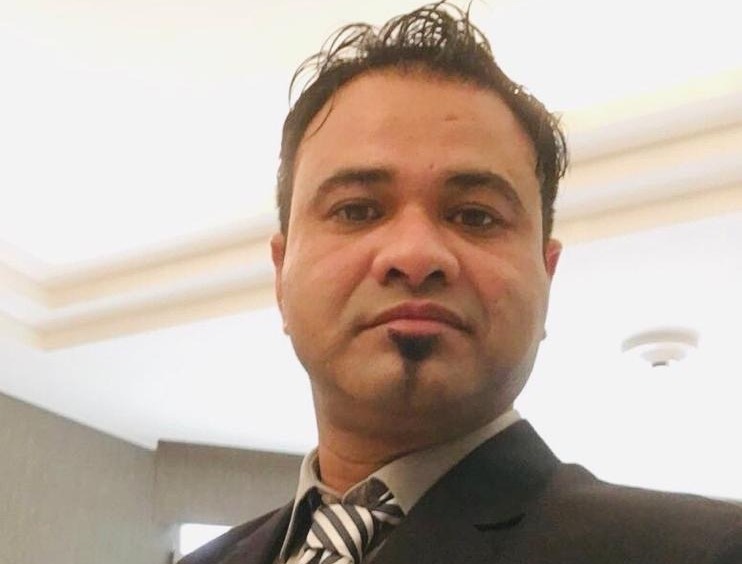Updated: Jul 18, 2020
Mathura: “I don’t know why I am being punished. I don’t know when I will be able to see my children, my wife, my mother and my brothers and sister. I don’t know when I will as a doctor, fulfil my duties and fight the menace of Coronavirus alongside my brethren.”
Kafeel Khan, an Uttar Pradesh (UP) doctor, said this in an open letter, written in Hindi, from Mathura Jail, where he has been for 157 days now.
Khan has been in jail since 29 January 2020 for a speech in which he criticised the government during the protests around the Citizenship (Amendment) Act, 2019. He was granted bail on 10 February by an Aligarh Court but on 13 February, the Yogi Adityanath government in UP promulgated the 40-year-old National Security Act,1980, against their former lecturer and paediatrician.
Khan was suspended from UP government service when the sudden cessation of oxygen supply on 10 August 2017 killed more than 60 children at the Baba Raghav Das Medical College in the eastern UP town of Gorakhpur, 270 km northeast of state capital Lucknow. After he spent almost nine months in prison for alleged medical negligence, a government-appointed inquiry acquitted Khan in September.
This is second letter Khan has written in recent months.
On 19 March, Khan wrote to Prime Minister Narendra Modi, offering his help as a medical professional to fight the coronavirus.
“Sir, with my 20 years of experience in medical field and more so by those 103 free medical camps I had conducted since out of jail after BRD oxygen tragedy, I feel I could be of some help in curtailing this disease,” he wrote.
The Supreme Court on 23 March 2020 ordered all states to release some prisoners on parole or bail to reduce overcrowding in prisons. It also directed states to constitute committees to decide on the matter. Maharashtra was one of the first states to comply.
In June, a UP government official told The New Indian Express that it released 17,963 prisoners on parole, in accordance with the Supreme Court’s order. Khan was not one of them.

In his letter, Khan detailed his daily routine, from waking up at 5 am to falling asleep after the evening maghrib prayer. “In a jail made for 534 inmates, there are 1,600 people kept with one barrack holding at least 100-125 of us,” he wrote. “There are just 4-6 toilets.”
After a breakfast of daliya (broken wheat) or channa (chickpeas), Khan said, he would walk for a few minutes before going to his barrack and relaxing on his fatta (a bed made using a blanket and a bedsheet).
“People sleep very close to one another so forget social distancing; you are surrounded by millions of flies all the time,” he wrote. “You have to keep flicking them away. Even if you stop in between for 5-10 minutes, they rest on your body.”
Khan said he ate the watery dal and boiled vegetables served daily only to survive. “Due to the coronavirus, nobody can even meet me from outside. Otherwise they would bring me fruits and that would be good enough to survive on, but not now.”
“With just one attached toilet, 125-150 inmates, the smell of their sweat and urine mixed with unbearable heat due to electricity cuts makes life hell over here: A living hell indeed.
“I try to read but cannot focus due to suffocation. It sometimes feels that I might fall due to dizziness caused by that suffocation. So I keep on drinking water.”
He said it was impossible to focus on anything. “After reading the maghrib prayers, I sit with a novel for a long time, trying to read at least a bit. But all in vain as it is so suffocating that I can’t just explain…
“The entire barrack seems like fish market infused with all kinds of smells including those someone coughing, sneezing, farting, urinating or sweating. Some people snore, some fight, some scratch themselves,” he said.
“Usually the entire night is spent sitting, waiting for the morning.”
See Related Story: Why Dr Kafeel Khan Is Not A Threat To National Security

